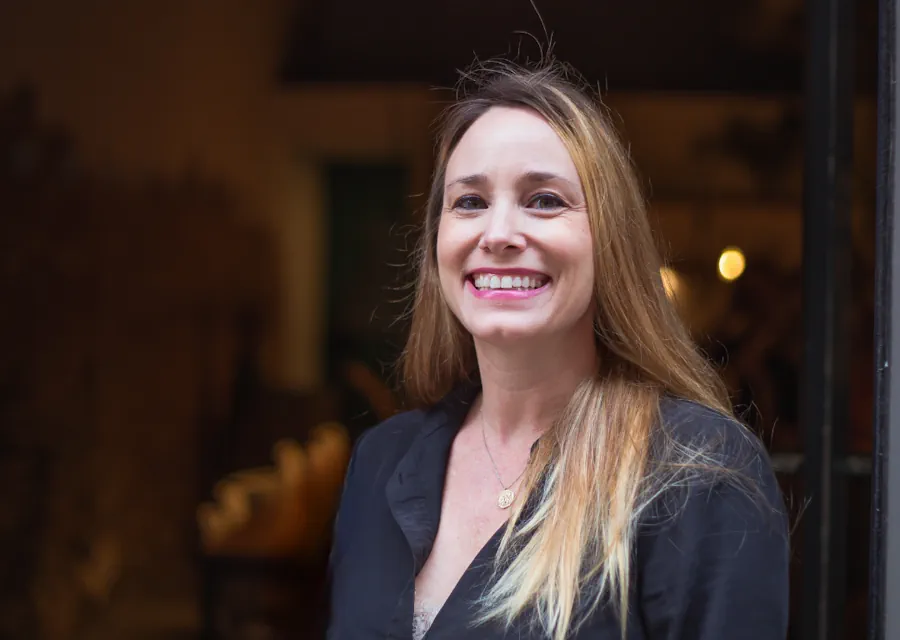Written by Melissa Leighty, Education Content Specialist at Learnlife
However, as much as we nurture spaces to connect with nature, ourselves and each other, and as much as we help build higher-order thinking skills in our future-proof learners, we have not always managed to help them articulate what that VUCA world looks like. Yes it is uncertain, and jobs will appear that we haven’t yet dreamed up and all the rest of it, but we can do better, can we not?
As much as we feel that the responsible thing to do is help prepare learners to adapt and thrive under uncertain conditions, and it is the right thing to do, it is still their future. We grew up with a vision of the future alive in stories, films, and popular culture, and though we are still waiting for our hover boards and thought-controlled navigation systems, we were encouraged to dream about something to look forward to.
Are we able to say the same today? Climate breakdown, cascading disasters that always seem to be happening “faster than previously estimated”, and we wonder why climate anxiety is a thing. The future, if we leave it in the vacuum of rolling 24-hour news coverage and post-apocalyptic movies, is a bleak place indeed.
Reimagining a VUCA world
So where do we start to reimagine a VUCA world? The Sapienship project is a good place, with their focus on storytelling to bring the macro-historical perspective into view and set the scene for where we might have taken a wrong turn as a species, and what we might do to rebalance our world. Throughout all the talk of tech-optimism and new social structures, we must not lose sight of what it means to be human, and what that connection to our past and to the world around us feels like.
Storytelling, visualisation, and research can all be combined to create the provocation of articulating the reality of life in 2050 and beyond. The talk of a “sustainable” future is just not inspiring enough. A regenerative, reimagined future where we can do things differently. That is something to inspire.
From there, learners can go anywhere. The UN Sustainable Development Goals could provide a framework for exploration (let’s take advantage of their broad and sometimes vague parameters!), and learners can take their thinking in any direction that sparks something in them. Love them or not, they are the central framework of policy and will be embedded in every walk of life.
What will infrastructure look like in a VUCA world, and will we really be using Hyperloops to move around cities? What jobs will really be replaced by AI and what opportunities does that create for us to use our time differently? Will businesses really start working together on shared success and foundations of trust instead of pursuing blind profit? How might that happen? How will 10 billion people eat and will they be buying bacon that has been grown on blades of grass? Will we ever close the equity gap, and start living like we all matter in equal measure? What does that look and feel like?
How can we build these big questions into our learning environments? At Learnlife we use a fluid learning paradigm that builds learning around passion and curiosity, and helps build the skills and abilities our learners will need for the future. We focus on supporting engagement and agency, empowerment, motivation and resilience. That has not been a linear process, but it is working, and it is time to take the next steps.
Building a vision of a better future in a VUCA world is something we can do together, and VUCA learning can be rich and diverse, with complex problem solving and transdisciplinary, systems thinking.
It would be easy to write such learning projects off as tokenistic, but here is the thing: learners deserve to imagine a better future and start to visualise their place in this new world. We need to shift the narrative from “adapting” and “surviving” to really flourishing in a world we get to reimagine.
This generation of learners did not create the mess we are in, but they are the ones who have to solve it. The very least we can do is to help them see that this is an opportunity to do better, build something new and look forward to meeting that challenge.
What do you think? How can we help learners connect to that sense of open possibility in their future, and reframe the doom and gloom narrative around us? How can we support them to visualise and explore that world, and to truly internalise their human right to shape it into something better?
Learn more how Learnlife is preparing the learners and the learning community for the VUCA world by re-writing the course of learning and education through the new learning paradigm.
Written by


